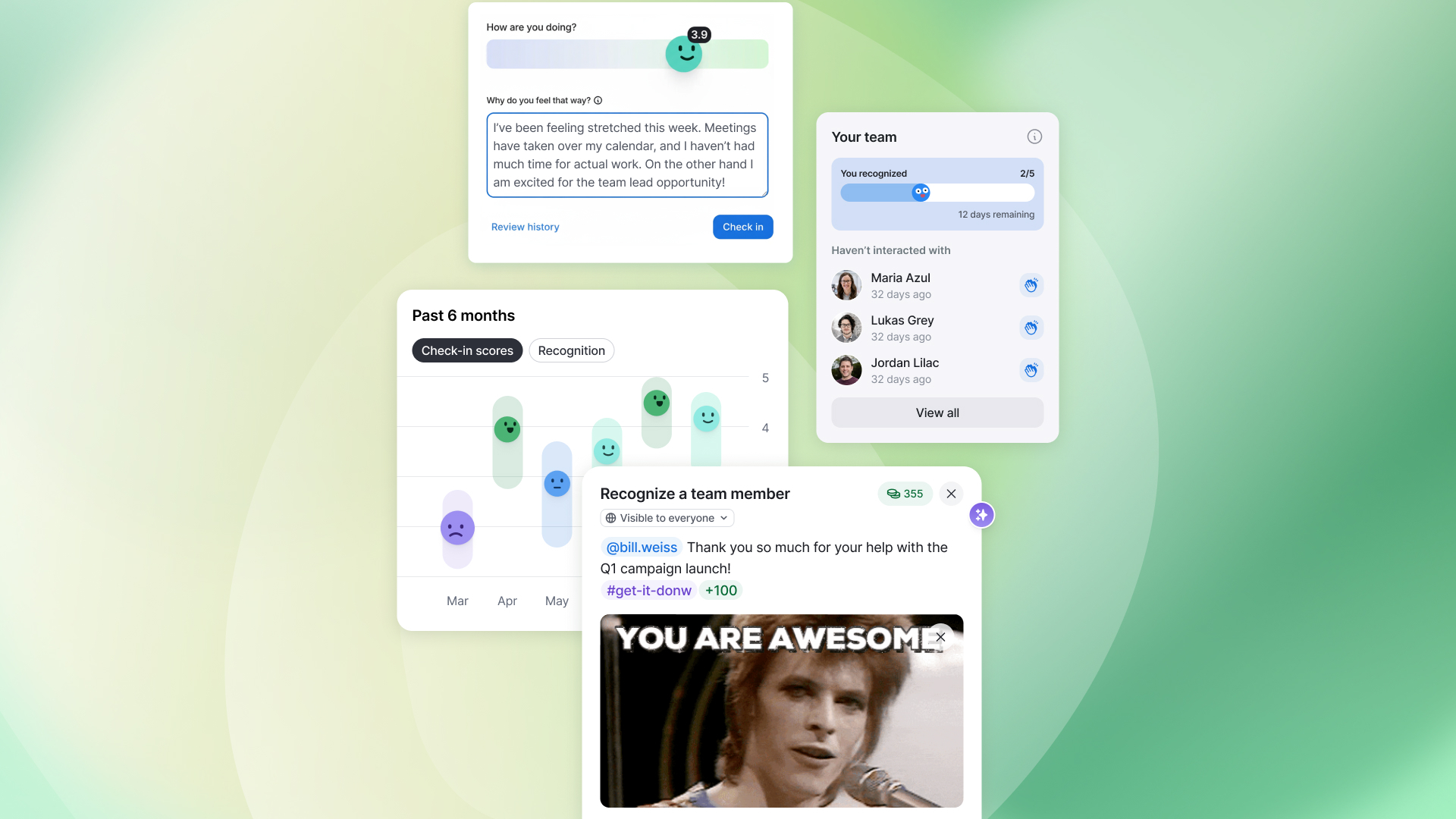Reviving Our Workplaces with Compassion

Many of today’s organizations have become transactional and dehumanized.
The professionals that I work with increasingly tell me that they feel their employer treats them more like a human resource than a human being, and we have become so reliant on technology as a means of communication that opportunities to connect and care for one another at a basic human level are decreasing.
We are so caught up in a culture of ‘busyness’, we have little time to care for ourselves, let alone our colleague down the corridor. In an attempt to seek out human connection, many people spend more time at work than they do with family members, yet few of us have a colleague who we trust enough to share our vulnerabilities and talk to about the things that worry us.

To be human is to suffer, yet our struggles can remain hidden from work. Consequently, compassion as a core human value is too often overlooked in business. More often than not, compassion is positively disregarded, with many leaders believing that too much kindness is weak leadership and instead advocate toughness and strength. However, there are plenty of reasons to disregard that approach.
Companies that embed compassion in their business generate better financial performance, experience higher levels of employee retention and drive customer loyalty, because employees and clients give back when they feel cared for and valued. Spontaneous acts of compassion take place between colleagues in workplaces every day, when we are moved to help someone who is going through a difficult time. However, companies where compassion is both systemic and systematic are few and far between. So, what does it take to build a compassionate culture?
There are four building blocks to help companies embed compassion into their organizational DNA:
Culture
Companies can have the brightest visions and the best plans, but if the culture is not conducive, compassion will never flourish.
In compassionate companies, hierarchy can be difficult to detect. The physical spaces in these organizations also look and feel different, such as office layouts, where those in formal positions of power are often indistinguishable from other employees. Colleagues treat one another with a sense of equality and mutual respect, with no one person being more important than anyone else.
When compassion is embedded in culture, the company places its people firmly at its heart. Its values are likely to include words such as ‘trust’, ‘equality’, ‘balance’, ‘respect’, and ‘care’, and employees at all levels embody these values in the way they relate to one another as well as the way they interact with their clients or customers.
Take the example of Innocent Drinks, the smoothie and fruit drinks company based in London. Their aptly named Fruit Towers headquarters building is designed around communal spaces, with a shared kitchen at its heart. Employees use this space on a daily basis to meet and eat together, so relationships can be nurtured and maintained.
Leadership
Compassion is not something that can be mandated from the top down; however, leaders are an inescapable focal point, as they have the power to facilitate compassion and to mobilize resources through the examples they set.

Take Jeff Weiner for example, CEO of LinkedIn, the world’s largest professional social network. He has oriented the entire company around compassionate leadership. The company holds regular ‘in days’ in which employees are asked to clear their diaries and spend time with their teams. This time away from tasks and targets helps employees to get to know each better and builds trust and connection.
Self-compassion is also encouraged, with each employee being given an annual budget to spend on anything that makes their life easier, such as childcare or a gym membership, and Weiner himself has developed on online course called ‘Managing Compassionately’. In this course, he shares his own experiences of the importance of learning to manage with compassion and talks about the need to put oneself in someone else’s shoes to try and understand their struggles. He also expresses the importance of team leaders understanding the triggers and vulnerabilities in each of their team members.
Social networks
Social networks are emotion superhighways at work, since people naturally form webs of relationships where they can gossip, share information, discuss their home life or offer advice to one another. It is the speed and strength of social networks that are the building blocks of corporate compassion.
With its 74,000 employees, one might expect social networks at Cisco to be slower than those of a small company. However, in this organization, news of employee suffering travels fast. In a 2018 media interview, an employee reported how a leader, whom he had never met, had heard about his daughter’s life-limiting genetic condition within the Cisco network and had rallied around her team to raise money for medical treatment, which Cisco then matched. Cisco has become known for its co-ordinated and systemic compassion, which is part of what it calls its ‘conscious culture’.
Systems and Practices
It is the policies and procedures that enshrine culture and help to embed compassion in organizations.
Research has shown that work practices founded upon trust and respect, such as transparent communication, participative decision-making, and favourable HR policies, are conducive to a compassionate culture. It is also clear that the companies that promote humanity and dignity throughout their systems and practices experience higher retention and engagement among their staff.
Take the reward practices at Shake Shack, the US fast food chain. As part of its company ethos to take care of its teams, the food chain is now trialling a four-day working week. In a bid to address low retention levels in the sector, the chain is also using the four-day-week initiative as part of its recruitment drive.
As we move into a world driven by artificial intelligence and automation, we need more than ever to realize the power of human-to-human connections. Compassion is fast becoming a business imperative, since it is not money or career success that makes us happy. It is the relationships we have with friends, colleagues, and loved ones that are the key to life satisfaction. Close social bonds help us to cope with life’s ups and downs; they slow down our mental and physical decline and are better predictors of life expectancy and happiness than class, IQ, and genes combined.

My new book The Human Moment sets out the business case for compassion. Based on a decade of research and including examples, stories, and case studies, it shows how compassion is the foundation for a healthier, happier, more engaged, and higher-performing workplaces and argues that compassion is the hidden key to business performance in the 21st Century.







